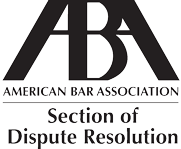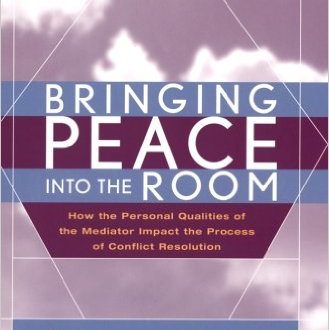Herston on Tennessee Family Law is a blog maintained with great care using clearly written case summaries by a local Knoxville attorney (who is also a mediator and a collaborative family attorney), K.O. Herston. He reports some of the more interesting and important Tennessee appellate cases having to do with diverse family conflicts. Reading about how courts decide family cases is an important and ongoing educational process for family mediators. We know that mediators do not “advise” parties, and even though Rule 31 gives attorney mediators permission to vocalize opinions if competent to do so, we also realize that we risk our most necessary quality, the participants’ perception that we are impartial and on no one’s side, when we skate close to the place of saying “Here’s what I (the mediator) think.” Still, it’s very helpful to know the way cases are decided so we as mediators can ask reality-checking questions and make sure that parties understand reality!
Attorneys who participate in mediation and help their client understand how the law affects them are worth their weight in gold to a mediator. In the world of community mediation, its the norm for people to have no attorney at all or, at best, to have someone they might call if they “have to.” Mediators handling cases as volunteers or pro bono for the courts must take pains to screen parties to see if they need legal advice. All the more reason for community mediators to have an overview of family law outcomes to construct helpful BATNA/WATNAs (or BATMA/WATMAs) for their clients.
He also has a page of article links on divorce matters, including divorce mediation in Tennessee.
KO also posts his nature photography and helpful news articles on divorce, children, and best practices. His blog was voted in the top 100 “blawgs” (law blogs) again this year, now two years in a row.



